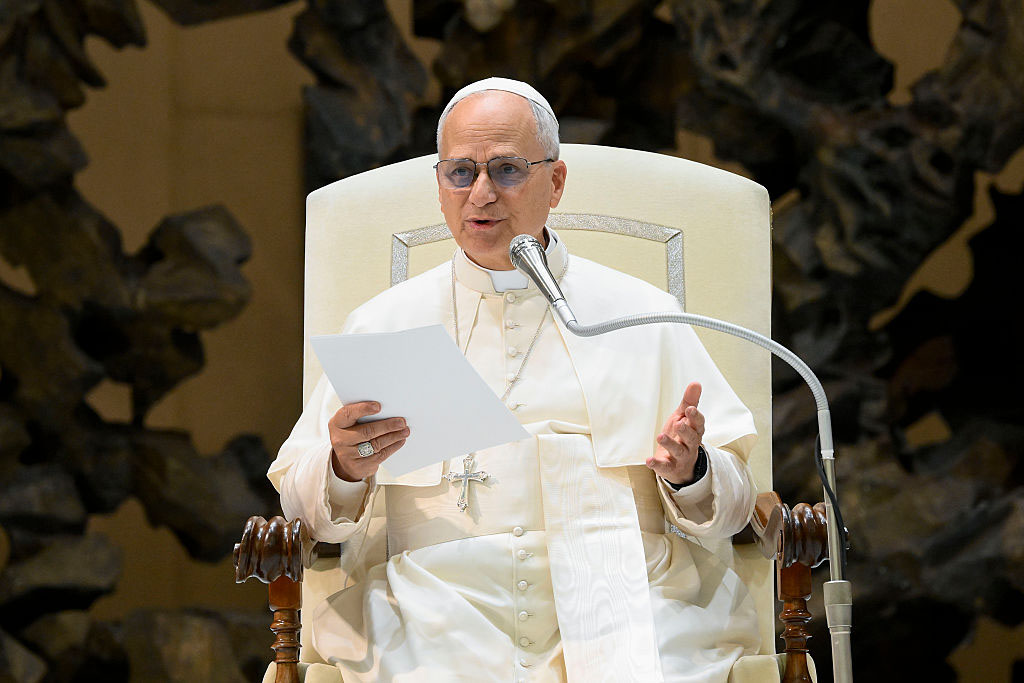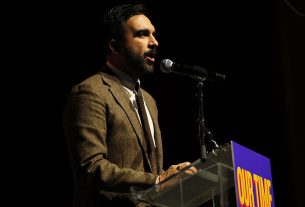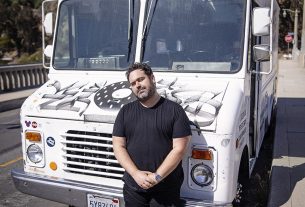I was one of the Jewish leaders invited to the Vatican last week to witness Pope Leo XIV’s embrace of Nostra Aetate, first at a gathering of hundreds of faith leaders and the second at the pontiff’s weekly public appearance in St. Peter’s Square. Sitting near the podium I saw him declare to a 100,000 faithful:
“Sixty years ago, on 28 October 1965, Vatican Council II, with the promulgation of the Declaration Nostra Aetate, opened up a new horizon of encounter, respect and spiritual hospitality. This luminous Document teaches us to meet the followers of other religions not as outsiders, but as travelling companions on the path of truth; to honor differences affirming our common humanity; and to discern, in every sincere religious search, a reflection of the one divine Mystery that embraces all creation.
“In particular, it should not be forgotten that the first focus of Nostra Aetate was towards the Jewish world, which Saint John XXIII intended to reestablish the original relationship. For the first time in the history of the Church, a doctrinal treatise on the Jewish roots of Christianity was to take shape, which on a biblical and theological level would represent a point of no return. A “bond … spiritually ties the people of the New Covenant to Abraham’s stock. Thus the Church of Christ acknowledges that, according to God’s saving design, the beginnings of her faith and her election are found already among the Patriarchs, Moses and the prophets” (Nostra Aetate, 4). In this way, the Church, “mindful of the patrimony she shares with the Jews and moved not by political reasons but by the Gospel’s spiritual love, decries hatred, persecutions, displays of antisemitism, directed against Jews at any time and by anyone” (ibid.). Since then, all my predecessors have condemned antisemitism with clear words. And so I too confirm that the Church does not tolerate antisemitism and fights against it, on the basis of the Gospel itself.
“Nostra Aetate invites us to view every religion as a quest for truth and to see every sincere seeker of God as one who reflects his divine mystery. Because our Christian faith has its roots in God’s plan of salvation, which began with his chosen people, the Church has a special love and reverence for the Jewish people …”
Pope Leo XIV’s dramatic embrace of Nostra Aetate on its 60th anniversary comes at a time of unprecedented surging antisemitism, should be welcomed by embattled Jewry. But antisemitic incidents this past week on both sides of the Atlantic, threaten to drown the Pope’s message of light in a sea of antisemitic darkness:
Apparently, a Catholic school in Hannover, Pennsylvania, didn’t get the memo. Students from St Joseph Catholic School included a replica of the infamous Auschwitz “Arbeit Mach Frei” gate as part of their float in the school’s parade. Despite a strong denunciation from the archdiocese, why did not one student or adult intervene to halt the mocking of the victims of Nazi Holocaust?
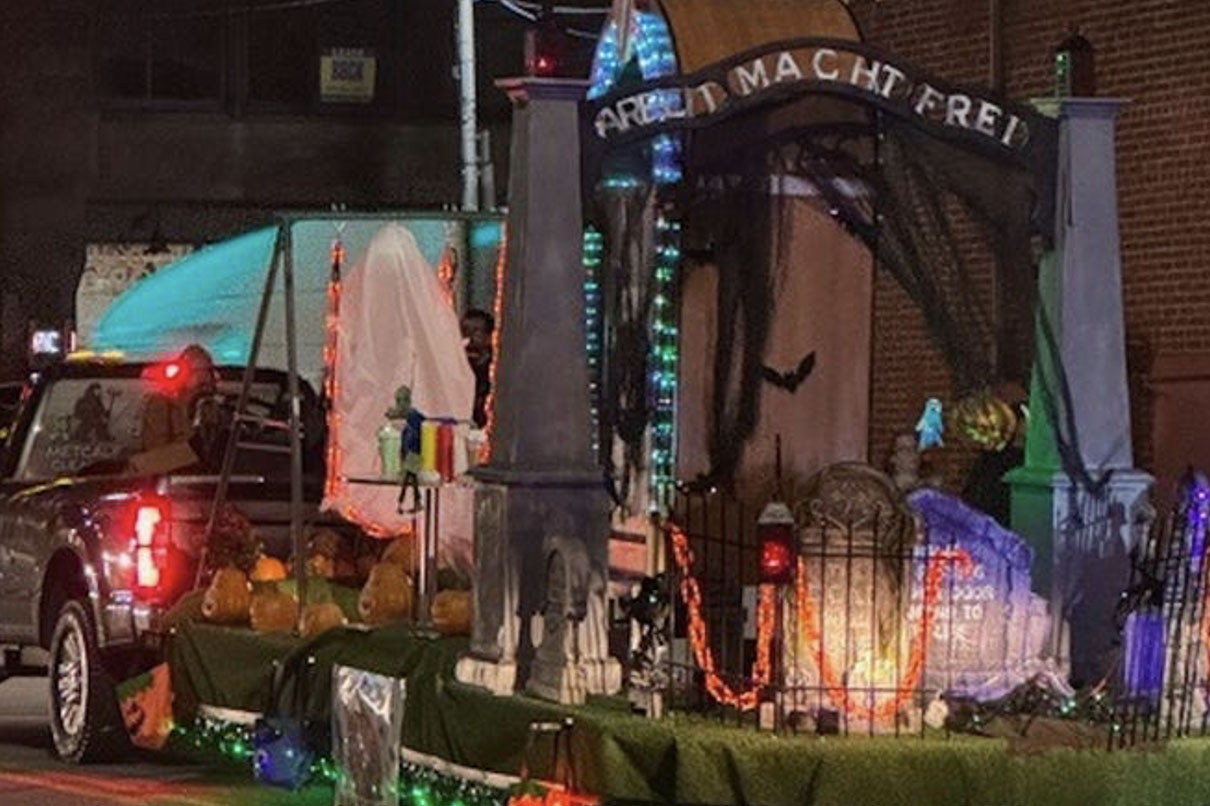
Italy, home to the Holy See’s enclave, has witnessed a wave of recent violent anti-Israel protests that add to the drumbeat of 21st century blood libels falsely accusing the Jewish state of genocide, apartheid and mass starvation. At the entrance to the university in Napoli, is a declaration that echoes across Europe’s elite schools which stops every Jew in their tracks:
“Zionists not welcome.”
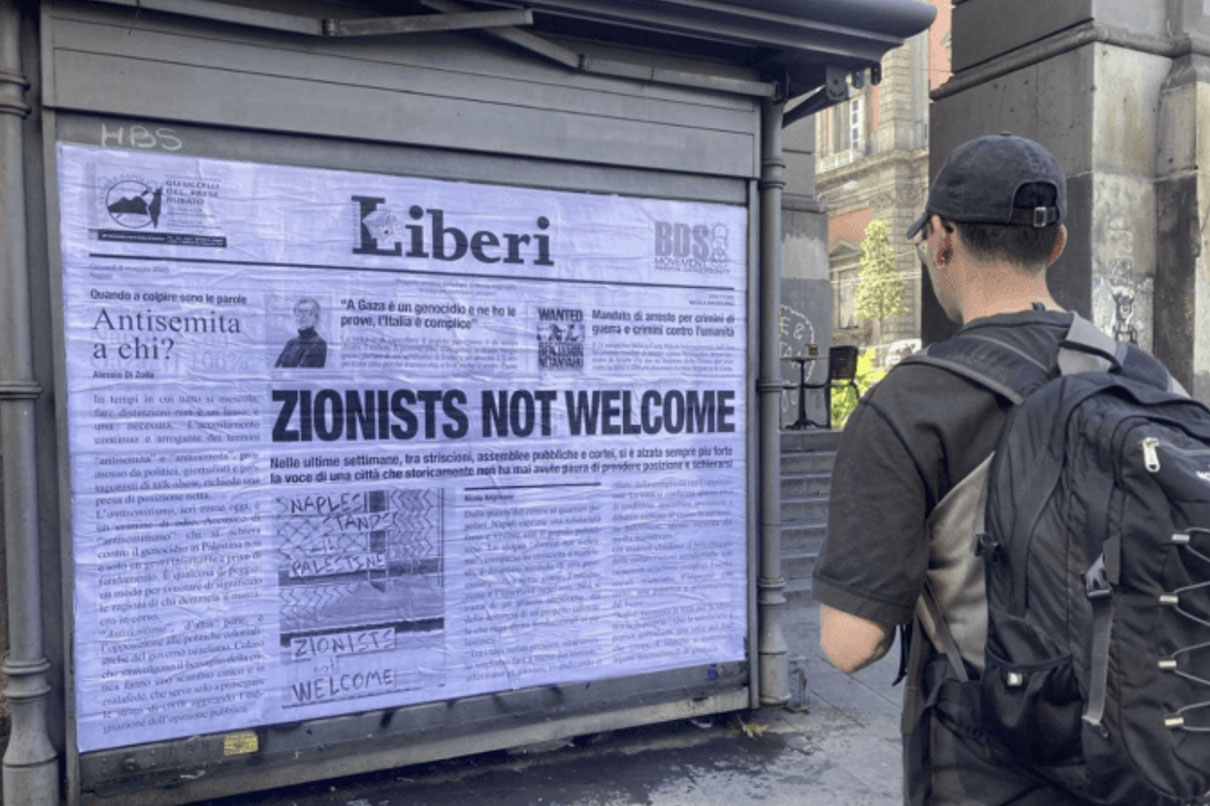
Mussolini’s thugs would have been proud.
On Oct. 28, as the Pope spoke to religious leaders, Catholic University’s SGA Senate voted to send “Resolution 004: A Resolution to Advocate For A Ban on Clubs in Support of a Nation(s) Commissioning a Genocide” – meaning Israel, not Russia or China – back to committee.
At the end of the Papal ceremony, I presented Pope Leo with an illuminated Book of King David’s Psalms (Tehillim).
“We need your leadership to fight the continued surge of antisemitism here in Italy and around the world,” I said, adding, “we pray for your safety and good health.”
We need to add another prayer: A century ago, there was no Nostra Aetate. Jews were bereft of allies. We pray that today’s Catholics will follow Nostra Aetate and serve as friends and allies to help their Jewish neighbors in these perilous times.
Rabbi Abraham Cooper is the Simon Wiesenthal Center’s Global Advocate and former Chair of the US Commission on International Religious Freedom.

